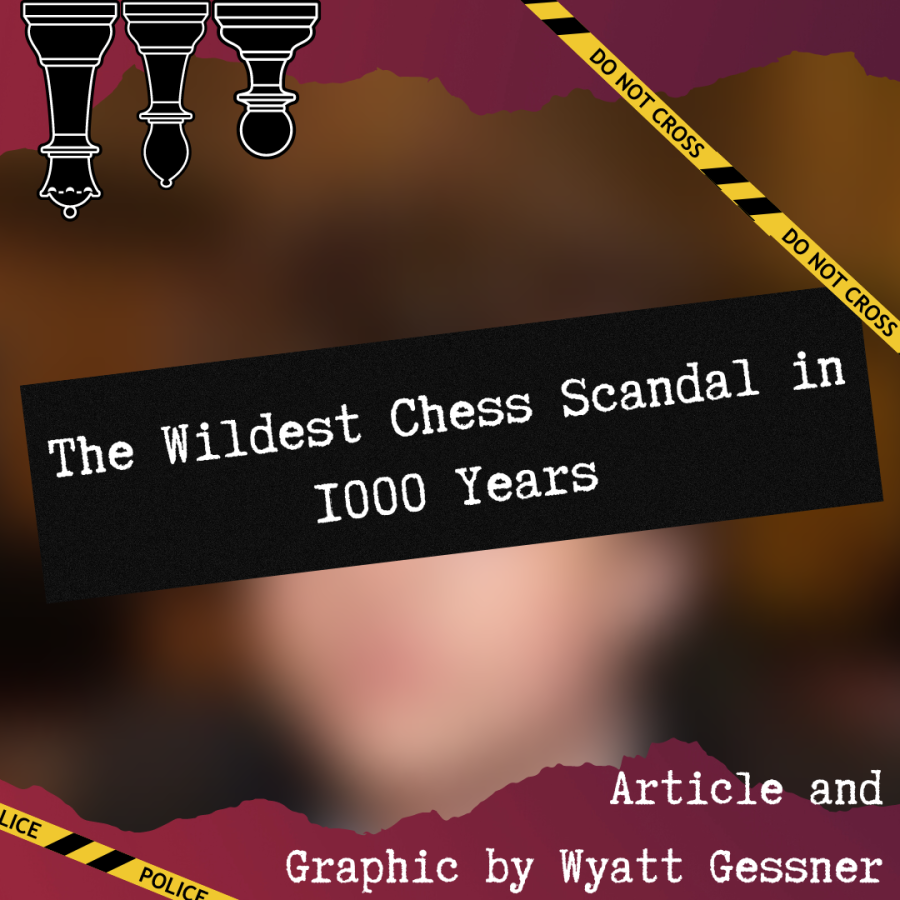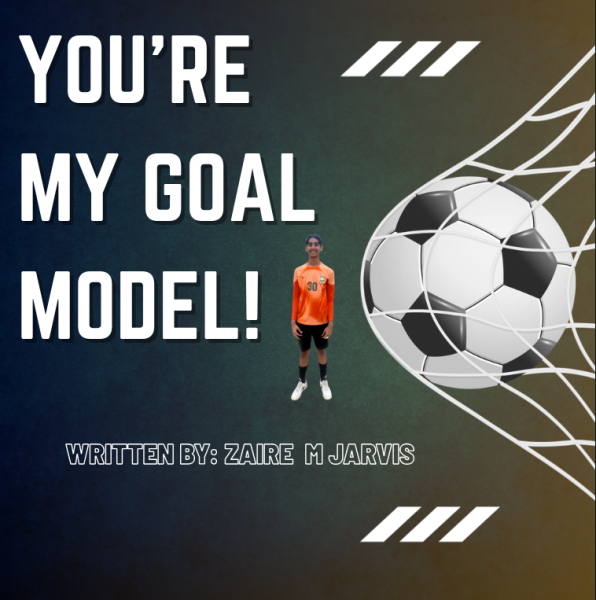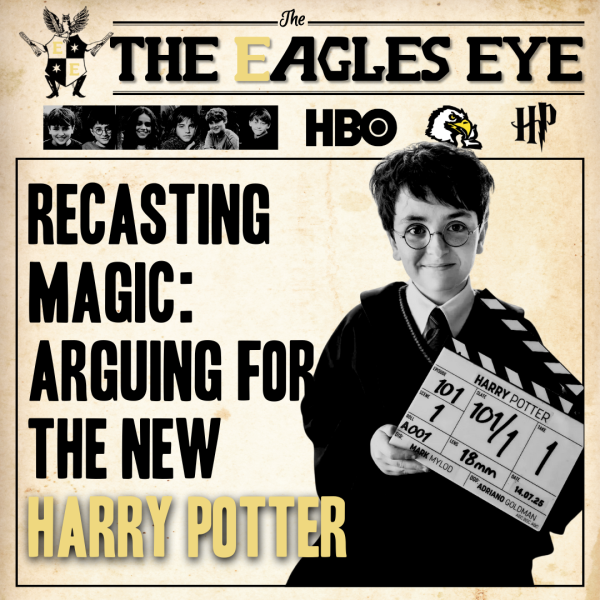The Wildest Chess Scandal in 1000 Years
Chess is nearly 1500 years old and accusations of cheating are nothing new to the game. However, even allegations of royal murder can’t compare to what’s rocked the chess world over the past few weeks. A cryptic tweet, a checkered past, and objects in orifices are just some of the ingredients to the spiciest tea chess has ever endured.
Let’s start from the beginning. On September 4, 2022, Magnus Carlsen and Hans Niemann faced off in Round 3 of the Sinquefield Cup in St. Louis, Missouri. Carlsen lost, despite being the best player in the world and ranked well above Niemann. Aside from the rarity of the upset, nothing out of the ordinary happened until the next day. Carlsen withdrew from the tournament and tweeted a viral clip of European soccer manager Jose Mourinho saying, “I prefer really not to, not to speak. If I speak I am in big trouble.” Although he didn’t acknowledge it, the accusation of cheating was lost on no one. Yet without any proof or an outright declaration of foul play, rumors took center stage.
Immediately following the accusation, internet historians dredged up any bit of dirt they could find on Niemann. They discovered that he had been banned by Chess.com, and he admitted to having cheated online multiple times up until 3 years ago, when he was just 16. Two days later, Chess.com released a statement saying they had evidence of much broader and severe cheating by Niemann on their site. However, perhaps the most interesting piece of evidence was Niemann’s Elo ranking. Elo is a mathematical formula used to rank chess players’ relative skill levels. Typically, Elo sharply rises as new players learn the game and it eventually plateaus once the player reaches their limit. Niemann’s Elo followed this trend until it experienced a second spike previously unobserved in top chess players. Keep in mind that the higher your Elo gets, it becomes exponentially harder to gain Elo. This alone led some to believe that Niemann had been cheating throughout this period.
Of course, there was still the question of how he did it. Anyone can pull up a chess bot to cheat online, but cheating in person is a whole different beast. Tournament officials rigorously check for any possible communication devices, including phones. Any type of earpiece or external device has been ruled out, and footage or the match has been thoroughly scoured by internet sleuths. Again, the conclusion was left to the public, inciting a flurry of improbable rumors. The most prominent (but still very unlikely) theory is that Niemann had a vibrating communication device in his, ahem, rear end. Many ran with this simply for the hilarity of it, but no legitimate figure gives this any credit. Regardless, almost no one trusts Niemann.
So what happens to Carlsen? His irresponsibility in handling the situation is how it got so out of hand. The ambiguity in his initial response and minimal communication left Niemann’s guilt up to the limited and biased eyes of the public. Carlsen officially accused Niemann of cheating nearly three weeks later, prompting a reprimand from the chess organization FIDE. He has refused to play Niemann in any subsequent tournament, going so far as to forfeit after one turn. Before directly accusing Niemann of cheating, Carlsen declared that people had come to their own conclusions. He then proceeded to namedrop Maxim Dlugy, Niemann’s mentor and a known cheater. As the most influential figure in chess, Carlsen has a responsibility to provide clarity for his actions, due to the exceptional weight they carry. He may have to learn this the hard way, as Niemann recently opened a 100 million dollar defamation lawsuit against Carlsen and others. His actions also set a dangerous precedent for how chess approaches up-and-coming figures. For a field defined by young, upstart prodigies, this attitude towards sudden success could severely curb the growth of chess as a whole. Regardless of Niemann’s guilt, this opens the door for established figures to abuse their power within the scene. It’s among several obstacles in the future of chess, but you don’t last nearly 1500 years without overcoming some challenges. As for Niemann and Carlsen, we may never truly know who should have won that match. And perhaps, for everyone’s sake, it’s best left that way.

(He/him)
Wyatt is a senior who's super excited to return to the Eagle's Eye as Editor in Chief! He's a member of the Enloe Swim Team and will happily...











